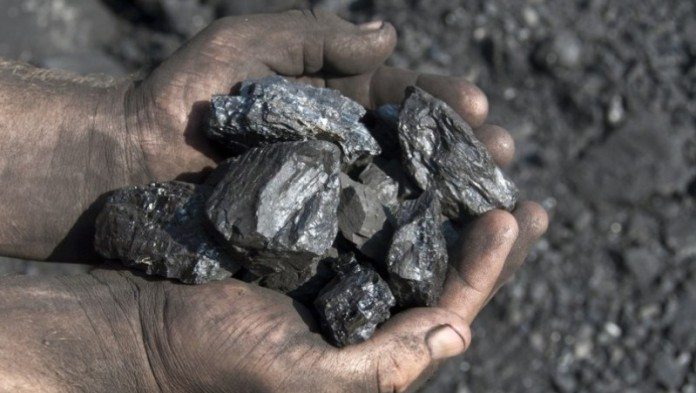
THE fallout at state-owned Eskom has inevitably affected some of South Africa’s coal producers including Resource Generation (Resgen), a company that is increasingly rare in the country because it’s investing new capital.
The firm’s chairman, Denis Gately, said in a shareholder update on May 4 that financing approvals for its $600m Boikarabelo thermal coal project would kick off in June or July – some six months later than planned – as a coal sales agreement (CSA) from the project to Eskom had not been finalised.
Gately cited “… the outcome of internal inquiries taking place within Eskom unconnected with the negotiation of this supply agreement” as the sticking point in raising the $400m balance required for project completion.
Rob Lowe, CEO of Resgen, said in an interview with Miningmx that Eskom was dealing with management issues and that that was behind the delay in signing the CSA.
“Eskom’s internal procedures are being held up while people are sent on leave and new people are being appointed. But we are not anticipating any issues with the National Treasury because the CSA is vanilla,” he said, referring to the musical chairs currently underway in the CEO’s office in which Brian Molefe left, then returned replacing interim CEO Matshela Koko who is on special leave pending an investigation. Molefe’s appointment has since been rescinded with his replacement due to be announced in the next 24 hours, according to Public Enterprises Lynne Brown’s timetable.
Boikarabelo is situated in South Africa’s Limpopo province – a strategic region for the South African government given the industrialisation its vast resources of thermal coal can bring to an area starved of jobs and development. So far, the area has only one major coal mine, the giant Grootegeluk owned by Exxaro Resources that supplies coal to Eskom’s Medupi power station.
Resgen’s ambition is to develop a 6.5 million tonnes/year mine in its first phase of which about half would supply an as yet unspecified Eskom power station. The balance would be exported via Noble Group, the Singaporean trading house, that has provided equity capital in return.
“We are far advanced in relation to the Eskom CSA with the quantities, qualities, the power stations to which Eskom would like the coal delivered,” said Lowe. “We have also had a general discussion on pricing pending these inquiries. But the impact on us is that decisions are not being made which is frustrating as we just want to get the mine built,” he added.
Unfortuately, the delays have affected the project already. “Originally, first coal from Boikarabelo was due in the fourth quarter of 2018, but now we expect it in the second quarter of 2019,” said Lowe. He added there had also been an increase in capital expenditure at the mine owing to the delays related to inflation, but that it was “entirely manageable”.
“When we did the feasibility on Boikarabelo we based our financial modelling on an export coal price of about $52/t, but now the price is some $10/t north of that. So we have got room to accommodate an increase in capex,” he said.
Eskom blames the backlog in securing coal on the furore over previous deals, notably between it and the Gupta-owned companies Tegeta Exploration & Energy and Oakbay Resources. The National Treasury is subsequently investigating the nature of these deals.
Ben Ngubane, chairman of the power utility, told reporters last month that there may be brown-outs during the South African winter unless the National Treasury signed purchase agreements so Eskom could build up its coal reserves.
Power cuts had been avoided in previous winters because “… we had sufficient coal brought in and built up the stocks to more than a million tonnes”. He added that: “Now we have a problem because Treasury has not yet signed our coal purchase agreements and we are in winter, and winter is getting bitter. People are using electricity like crazy. We need to have enough stock of coal in view of that”.
Khulu Phasiwe, a spokesman for Eskom, told Miningmx that many of the agreements to which Ngubane referred were actually renewals rather than new CSAs, but they still needed to be ratified.
“In several cases there are existing agreements where we have asked producers, say, Exxaro Resources, for three million tonnes more over and above the signed CSA so that we can deal with the extra demand in winter. So these are amendments to agreements,” he said.
He added that the fact National Treasury was running the rule over CSAs was consensual. “We are trying to cover ourselves. Previously, we would have a kind of gentleman’s agreement with coal producers. Now we are just making sure the government is comfortable with the agreements,” he said.











